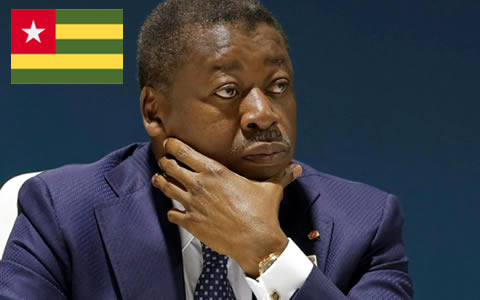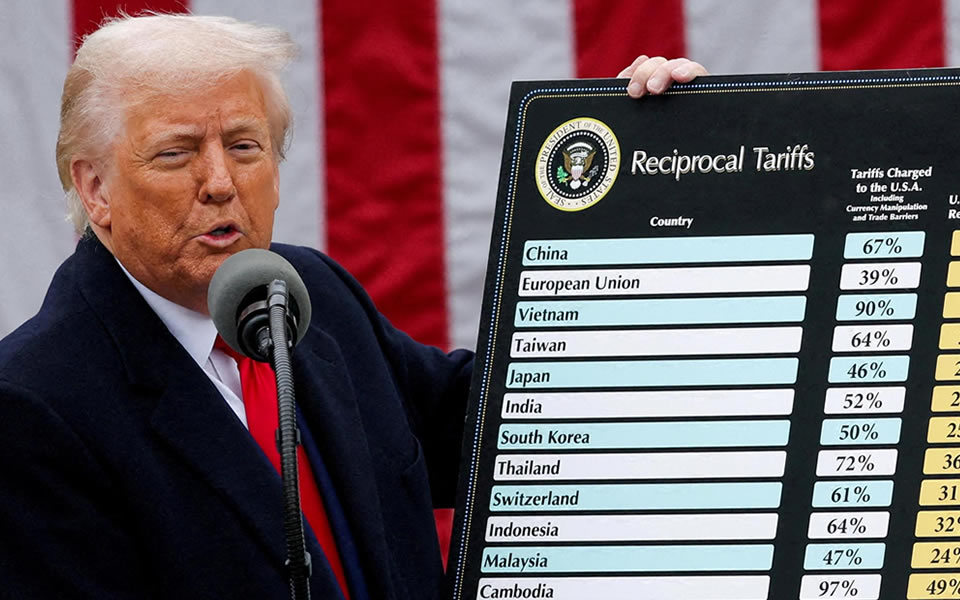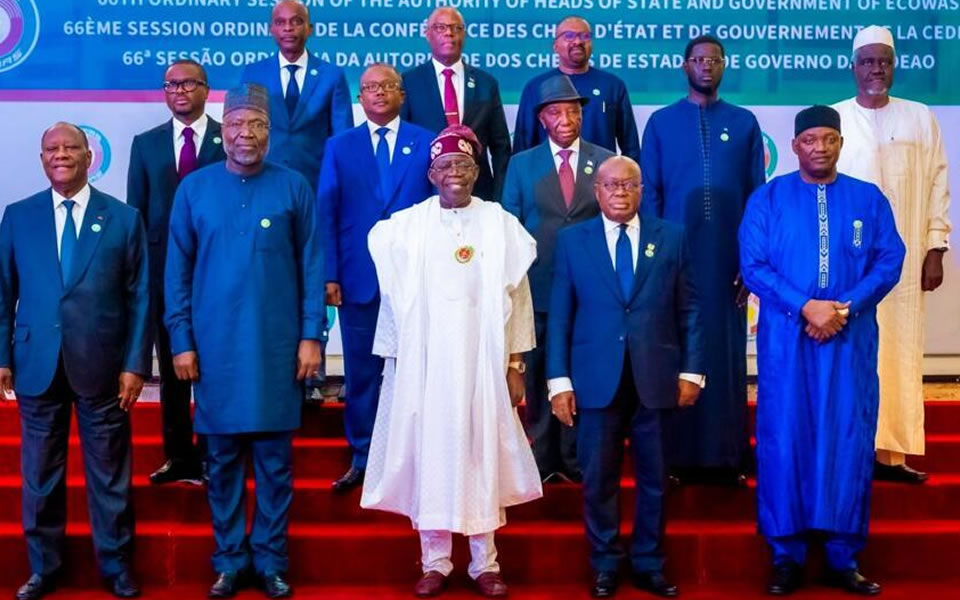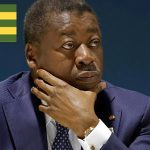
Togo’s Fragile Stability Under Threat
July 29, 2025CÔTE D’IVOIRE DECIDES 2025: COUNTRY SECURITY & POLITICAL FORECAST
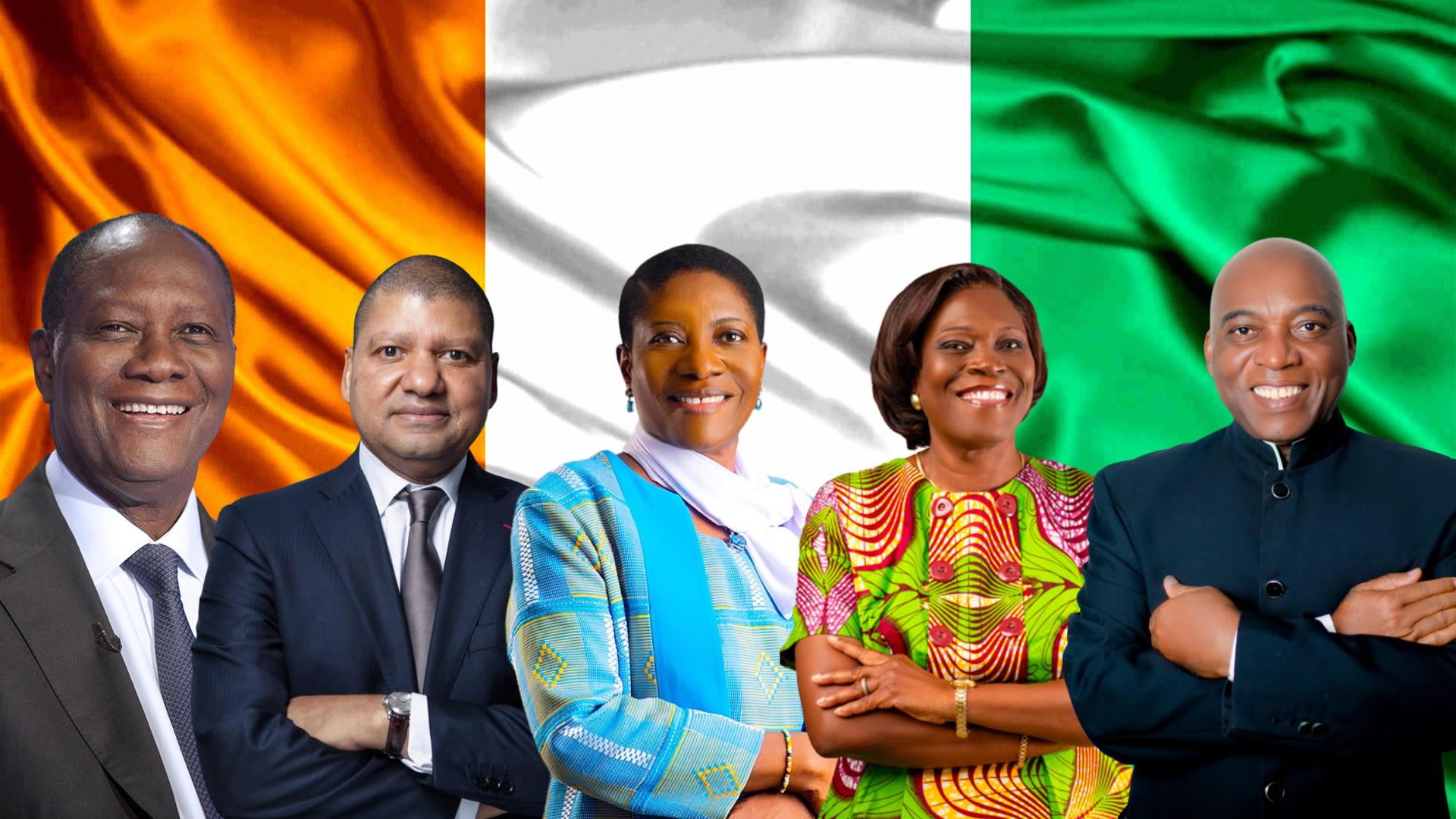
Key Insights
- The 2025 presidential elections are unfolding within a tightly managed political landscape defined by legal exclusion, strong executive control, and compliant institutions.
- The disqualification of key opposition contenders has effectively turned the contest into a one-sided affair, heightening questions about the credibility and legitimacy of the process.
- Although large-scale violence across the country remains improbable, certain hotspots, particularly Abidjan, Lagunes, Goh-Djiboua & Lacs Districts indicate elevated risks for localized unrest in the aftermath of the vote.
- Uncertainty surrounding succession, amplified by ongoing speculation about President Ouattara’s age and health, poses medium-term risks of elite divisions and the growing politicisation of the security apparatus.
- Côte d’Ivoire’s continued democratic regression, coupled with the silence of ECOWAS and the African Union, risks setting a troubling precedent in a region already strained by constitutional manipulation and recurrent military coups.
Overview
Côte d’Ivoire’s 2025 presidential election is taking place amid deep institutional imbalance and a steady decline in democratic norms. The political landscape has been intentionally constrained through the legal disqualification of prominent opposition figures including Laurent Gbagbo, Guillaume Soro, and Tidjane Thiam. With meaningful competition effectively removed, the ruling RHDP appears set to maintain power through an election that remains procedurally sound but largely devoid of substance. Both the CEI and the Constitutional Council are widely perceived as politically influenced, undermining confidence in the integrity of the process and feeding growing public disengagement. Although widespread violence is not expected, urban protest zones remain tense, and the absence of credible mediation channels increases the likelihood of sporadic, uncoordinated unrest after the polls.
At the same time, headline economic growth conceals deep structural fragilities. Persistent inequality, high youth unemployment, and rising living costs continue to fuel discontent, particularly among urban and digitally connected young people. In the north-east, the threat of jihadist activity endures, and weak border governance leaves rural areas vulnerable to external shocks. The overall risk landscape is further shaped by President Ouattara’s age and the lack of clarity around succession, which could trigger elite rivalries if a leadership vacuum emerges after the election. Regionally, Côte d’Ivoire’s current trajectory mirrors and potentially strengthens a broader pattern of constitutional manipulation and institutional weakening across West Africa.
Background
Political System and Governance Architecture
Côte d’Ivoire formally operates under a semi-presidential system that, in reality, has evolved into a highly centralised, executive-dominant regime. The dual executive structure, consisting of a directly elected president and an appointed prime minister, has been steadily hollowed out over the past decade. This has resulted in a near-total concentration of authority under President Alassane Ouattara and the ruling Rassemblement des Houphouëtistes pour la Démocratie et la Paix (RHDP). Both legislative and judicial branches function largely as extensions of the executive, showing little capacity or intent to act as genuine checks on presidential power. Key state institutions, from security agencies to regional administrative structures, are closely aligned with the ruling party’s political agenda. The result is a resilient form of electoral authoritarianism that maintains the appearance of democratic competition while systematically preventing meaningful political contestation.
Electoral History & Precedents of Contestation
Elections in Côte d’Ivoire have long been marked by volatility, elite rivalry, and identity-based exclusion. Since 2000, nearly every major presidential race has faced disputes over legitimacy. The introduction of the controversial “Ivoirité” doctrine in 2000 set the tone for politically motivated disqualifications, including that of Ouattara himself, and triggered deep, lasting ethno-regional divisions. The 2010–2011 electoral crisis, which escalated into civil conflict and claimed more than 3,000 lives, remains an enduring scar on the national psyche. Tensions resurfaced in 2020 when Ouattara pursued a contentious third term, taking advantage of a constitutional reset following the death of his chosen successor. These repeated patterns of contested candidacies, legal manipulation, and winner-takes-all politics have entrenched public cynicism toward electoral processes and reinforced the perception that political transitions in Côte d’Ivoire are decided not through the ballot box but through elite negotiation and institutional control.
Institutional Legitimacy & Legal Instruments
Although the constitution formally guarantees independence, Côte d’Ivoire’s main electoral and judicial institutions—the Commission Électorale Indépendante (CEI) and the Conseil Constitutionnel—have experienced a steady decline in credibility due to their perceived alignment with the executive. The CEI’s partisan structure, lack of transparency, and opaque procedures have long eroded trust among opposition parties and civil society, particularly regarding candidate eligibility and vote-counting processes. Likewise, the Constitutional Council has faced persistent criticism for its selective interpretation of the law and politically driven decisions, notably its approval of Ouattara’s third term in 2020 and the 2025 exclusion of major opposition figures such as Laurent Gbagbo, Guillaume Soro, and Tidjane Thiam. These institutions have come to embody what analysts describe as “lawfare,” meaning the calculated use of legal frameworks to consolidate incumbency and marginalise dissent within a system that remains democratic in form but not in substance.
Analysis
Côte d’Ivoire’s 2025 presidential election is unfolding in a tightly controlled political environment that combines the formal features of democracy with the practical realities of authoritarian rule. The current setting reflects deliberate efforts to restrict political competition, reshape institutions to safeguard executive power, and manage a society that is increasingly disillusioned, particularly among urban youth and marginalised rural communities. Although headline economic indicators suggest stability, deep social and political fractures persist beneath the surface, sustaining long-term risks to cohesion. This section examines the balance of political power, institutional behaviour, civic mobilisation trends, emerging security challenges, and the economic conditions that underpin the country’s evolving risk profile.
Political Configuration and Candidate Landscape
The presidential race has been structured to benefit the incumbent. With credible challengers disqualified, the remaining contenders lack both nationwide visibility and organisational capacity. Opposition groups are fragmented, demotivated, and unable to rally behind a single leader or coherent strategy. Backed by state institutions and a disciplined party apparatus, the RHDP enters the election with little resistance, leaving the final outcome largely predetermined.
Electoral Integrity and the Role of Institutions
Public perception of the CEI and the Constitutional Council remains overwhelmingly negative. Both institutions are widely viewed as partisan, with legal mechanisms deployed to sideline key opposition figures. While these exclusions adhere to formal procedures, they have significantly eroded confidence in the integrity of the process. Among civil society actors and opposition supporters, faith in the impartiality of these bodies is at a critically low level.
Civil Society, Youth Dynamics and Protest Patterns
Civic space in Côte d’Ivoire remains limited but not entirely closed. Youth-led demonstrations are becoming more frequent, especially in major cities, yet they often face restrictions, including bans and aggressive law enforcement responses. Civil society organisations and religious leaders continue to advocate for transparent elections but operate with limited institutional access or influence. The risk of spontaneous, locally driven unrest remains moderate to high, particularly in urban centres with histories of political mobilisation.
Security Incident Trends and Conflict Mapping
The number of security incidents has roughly doubled compared to previous periods. Most reported events involve protests, mob violence, and small-scale riots, with the highest concentrations in Abidjan, Bouaké, and Zanzan. Disputes linked to mining operations, land ownership, and politically motivated property damage are becoming more common. While the government has maintained strong security deployments in major cities, state control in rural areas shows visible strain, leaving some regions increasingly vulnerable to disorder.
Borderlands and External Threats (Sahelian Spillover Risk)
Northern border zones, particularly around Tehini, Kalamon, and Difita, continue to experience incursions and attacks by jihadist-affiliated groups and armed smugglers. Weak governance, porous borders, and limited state presence contribute to a persistent risk of escalation. The instability in neighbouring Mali and Burkina Faso continues to spill into Ivorian territory, further complicating the local security environment and stretching national defence resources.
Economic Underpinnings and Structural Vulnerabilities
Despite solid macroeconomic performance, Côte d’Ivoire’s economic model faces growing structural pressure. Inequality and youth unemployment remain high, and while rising cocoa prices have bolstered state revenues, smallholder farmers are struggling with inflation and shrinking profit margins. Urban households face mounting living costs, and frustration is most pronounced among people under 35, who dominate both street protests and online dissent movements.
Implications
The trajectory of Côte d’Ivoire’s 2025 elections carries implications that extend far beyond the immediate contest. Domestically, the consolidation of executive control through institutional manipulation threatens to erode public trust and weaken social cohesion over time. Regionally, the outcome will likely serve as a precedent for other governments facing constitutional limits or seeking to tighten their grip on power. Within the ruling elite, uncertainty surrounding succession continues to pose latent risks to regime stability and the neutrality of the security establishment.
Domestic Stability & Governance
The RHDP’s firm control of the political system ensures short-term stability and policy continuity but deepens the crisis of legitimacy. The exclusion of opposition figures and the use of restrictive legal measures have alienated large portions of the population. While protest fatigue, civic disengagement, and fragmented opposition movements may reduce the likelihood of immediate unrest, these same dynamics gradually undermine democratic accountability. Over time, the system risks hardening into a form of brittle stability that could unravel quickly in response to political or economic shocks.
Regional Peace, ECOWAS Legitimacy & the Sahelian Security Corridor
Côte d’Ivoire’s internal direction has direct consequences for regional stability. As a central member of ECOWAS, its retreat from democratic norms weakens the organisation’s ability to enforce constitutional standards. The lack of reaction from ECOWAS and the African Union regarding Ouattara’s fourth-term bid has damaged their credibility as arbiters of governance. If Côte d’Ivoire normalises executive overreach, it may embolden other governments to do the same, further undermining fragile regional cohesion and complicating security efforts across the Sahelian corridor.
Succession Uncertainty & Security Sector Politicisation
Concerns surrounding President Ouattara’s age and health have amplified uncertainty about the future of leadership within the RHDP. With no clear succession roadmap, internal factions are likely to start positioning themselves for influence in a post-Ouattara era. This scenario increases the risk of politicisation within the security sector, particularly if senior officers begin aligning with competing political camps. In a post-election context, elite rivalries of this kind could weaken the cohesion and professionalism of the armed forces, creating vulnerabilities within the regime’s core power structure.
Forecast
Côte d’Ivoire’s 2025 presidential election is not expected to trigger an immediate systemic breakdown. However, the combination of exclusionary politics, institutional capture, and uncertainty surrounding succession creates several credible risk pathways. The most probable scenario is a controlled RHDP victory accompanied by limited unrest, though alternative outcomes such as sustained urban mobilisation or elite fragmentation remain possible. The table below outlines three potential scenarios, each with a probability rating and confidence level based on current intelligence and historical patterns.
Scenario 1: RHDP Victory with Limited Unrest
Probabilit: Most Likely | Confidence: High
Ouattara wins a fourth term through a controlled process, with opposition figures excluded. Protests break out in key cities but remain contained by security forces. International reactions are cautious, avoiding outright rejection of the results. Calm returns quickly, though public frustration persists beneath the surface.
Scenario 2: Disputed Results & Prolonged Protests
Assessment: Possible | Confidence: Medium
Allegations of manipulation spark coordinated demonstrations led by civil society, students, and urban youth. The government cracks down with arrests and internet restrictions, heightening tensions and disrupting urban life. Foreign missions issue travel warnings. The regime retains power but suffers reputational and diplomatic damage.
Scenario 3: Elite Split & Institutional Crisis
Assessment: Unlikely | Confidence: Medium
Uncertainty over succession triggers infighting within the RHDP, with factions competing for power amid rumours about Ouattara’s health. Security leadership divisions cause institutional paralysis, weakening border control and creating openings for jihadist groups. Though unlikely, this scenario poses the gravest risk to national stability.
Conclusion
The 2025 elections are unlikely to deliver a transformative shift in Côte d’Ivoire’s political trajectory. Instead, they are expected to reinforce a pattern of managed stability built on institutional dominance and the systematic marginalisation of opposition voices. This approach may contain unrest in the short term but deepens the country’s legitimacy crisis and erodes its democratic resilience over time. The ruling RHDP remains firmly entrenched, yet growing frustration among young people, civil society groups, and excluded opposition constituencies continues to simmer beneath the surface. In the absence of meaningful political reform or more inclusive governance, the risk of spontaneous unrest and gradual institutional decline will remain a persistent concern.
At the regional level, developments within Côte d’Ivoire carry significant weight. The muted response from ECOWAS and the African Union to President Ouattara’s fourth-term bid threatens to normalise constitutional manipulation across a region already grappling with fragility and contested transitions. While Côte d’Ivoire continues to project an image of stability abroad, its internal contradictions—uncertain succession, institutional fatigue, and rising socio-economic pressures—remain unresolved. If these underlying tensions are left unaddressed, they could gradually weaken both domestic cohesion and the country’s standing as a stabilising force in an increasingly volatile West African context.

